Making the case in Parliament for ‘nature-powered’ devolution
Nature recovery must be central to the UK Government’s plans for devolution.
Badger (credit: Andrew Mason)
Nature recovery must be central to the UK Government’s plans for devolution.
The award recognises and rewards outstanding care of Norfolk’s historic churchyards.
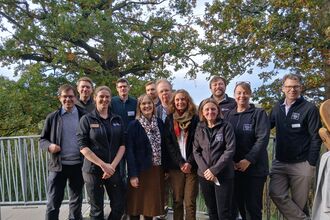
We've joined up with Suffolk Wildlife Trust, Woodland Trust, Essex & Suffolk Rivers Trust, Norfolk Rivers Trust, National Trust, and RSPB to welcome the launch of Local Nature Recovery…

We have installed a new wildlife hide ‘on wheels’ at Cley Marshes thanks to generous donations from the late Robert Gillmor, renowned UK wildlife artist, and with support from Cley Bird Club.
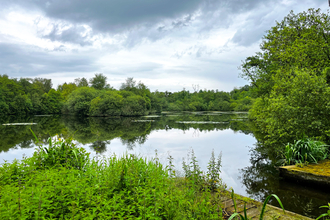
We have acquired Sotshole Broad, located 1km south of Ranworth village, to create a new publicly accessible wildlife haven in the heart of the Norfolk Broads.
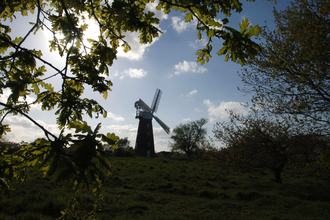
We are building a new 25-year vision for wildlife and people in the South Norfolk Claylands, in partnership with communities and landowners.
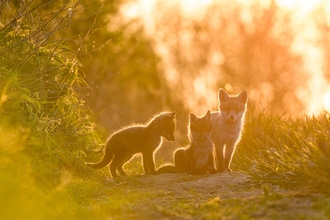
From tiny mushrooms to majestic deer, Norfolk Wildlife Trust is excited to announce the winners of our 2025 Nature Photography Competition, which invited entries showcasing Norfolk’s wildlife,…

We’ll be supporting three Norfolk Primary schools to get hands on with nature thanks to new funding from Ørsted’s Hornsea 3 Community Fund.
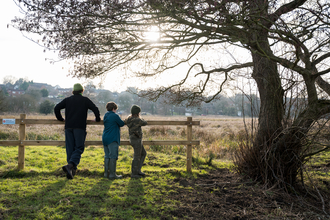
We are part of an ambitious new project, funded by The National Lottery Heritage Fund.
We have launched the county’s first youth-led nature reserve, delivered in partnership with Norwich Fringe Project.